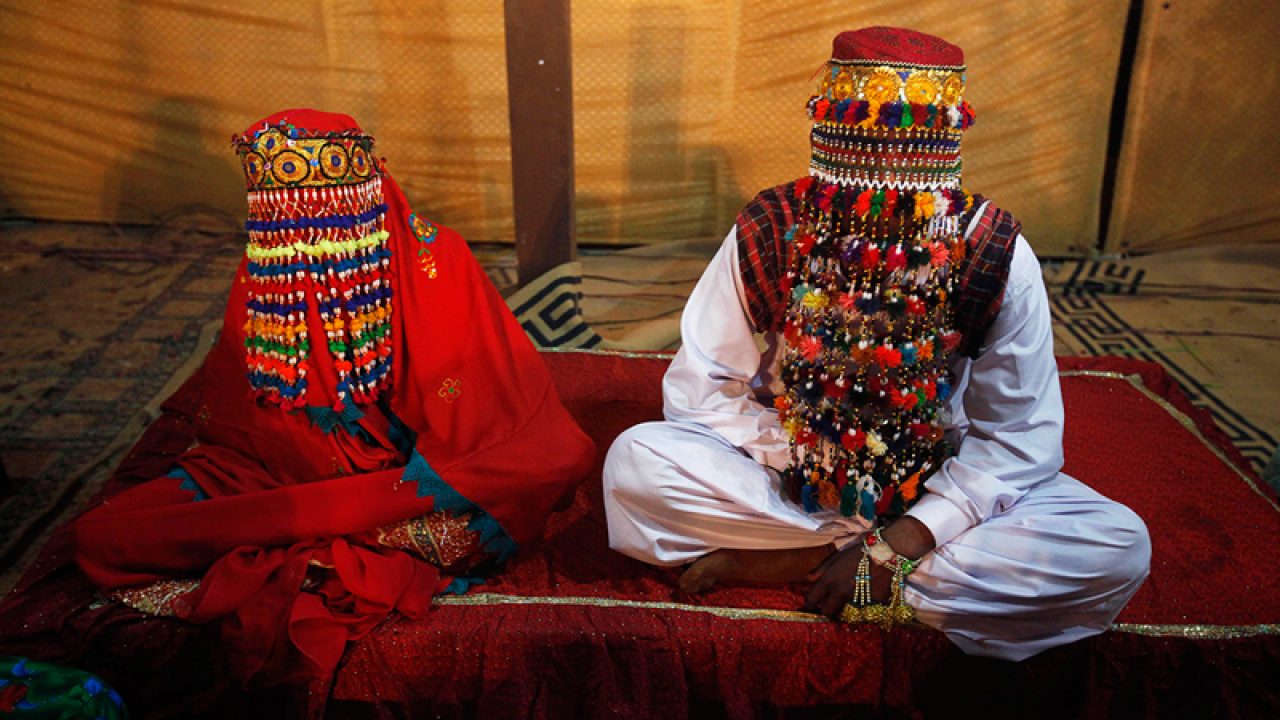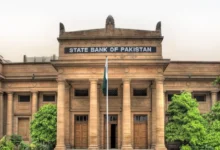UNICEF Warns: One in Six Girls in Pakistan Married Before 18

Islamabad — Nearly one in six girls in Pakistan is married before the age of 18, with more than 19 million girls already subjected to child marriage, according to the United Nations Children’s Fund (UNICEF).
Despite constitutional safeguards, inconsistencies in marriage laws across provinces continue to expose girls to early marriage, domestic violence, and denial of education. Currently, only Sindh and Islamabad have set the minimum marriage age for girls at 18, while in other provinces the legal gap leaves millions vulnerable.
A recent report revealed that almost 4.8 million girls in Pakistan are married before the age of 15, underscoring the urgency for coordinated national action. The findings were highlighted at a program in Islamabad organized under the Child Early and Forced Marriage (CEFM) Project, supported by the U.S. State Department and Save the Children.
The Scale of the Crisis
According to UNICEF, 29 percent of girls in Pakistan are married before 18, and 4 percent before the age of 15. The consequences are devastating: early marriage often leads to a loss of education, poor health outcomes, and denial of basic rights. Over 60 percent of girls married before 18 are likely to drop out of school, while in rural areas only 13 percent continue education up to grade 10.
The World Health Organization warns that girls under 18 face two to five times higher risk of death from pregnancy-related causes compared to women in their twenties. In South Punjab’s impoverished districts, early pregnancies are among the leading causes of maternal mortality. Many young brides also lack even basic reproductive health knowledge.
Pakistan ranks 137th out of 139 countries on the 2024 SDG Gender Index, placing it among the world’s lowest performers in gender equality.
Climate Change and Early Marriages
Save the Children has linked the rise in child marriages to climate disasters. Following Pakistan’s devastating 2022 floods, cases of early marriage increased by 18 percent, as families struggled with displacement, poverty, and insecurity.
Legal Battles and Resistance
In May 2025, Pakistan’s Parliament passed the Child Marriage Restraint Bill, setting the minimum marriage age for both boys and girls at 18. The law introduces fines and prison terms for those arranging or officiating underage marriages and empowers local authorities to intervene.
However, political reactions remain divided. The Pakistan People’s Party welcomed the law as a milestone, while Jamiat Ulema-e-Islam (F) strongly opposed it. Party chief Maulana Fazlur Rehman denounced the legislation as “against the Quran and Sunnah” and vowed nationwide protests, framing it as a threat to Pakistan’s “Islamic identity.”
Historical Context
The first attempt to restrict child marriage in the subcontinent was the Child Marriage Restraint Act of 1929, which set the minimum age at 14 for girls and 18 for boys. After independence, Pakistan retained the law with minor amendments. The 1961 Muslim Family Laws Ordinance introduced further restrictions, but weak enforcement remained a challenge.
After the 18th Constitutional Amendment in 2010, provinces gained the power to legislate. Sindh became the first to raise the minimum age for girls to 18 in 2013, while Punjab, Khyber Pakhtunkhwa, and Balochistan still keep the minimum age at 16.
Call for Collective Action
Civil society organizations continue to campaign for an end to child marriage across Pakistan.
“Real change does not come from policies alone,” said Save the Children’s Country Director, Khurram Gondal. “It requires persistence, commitment, and the collective efforts of government, civil society, and local partners.”






